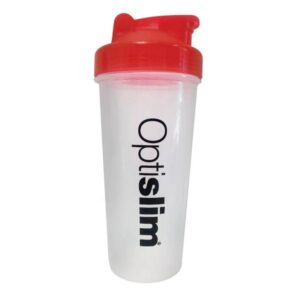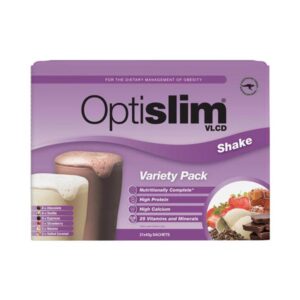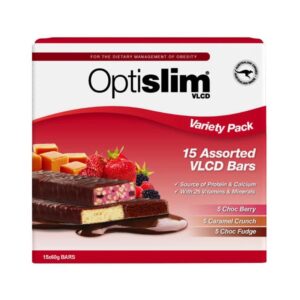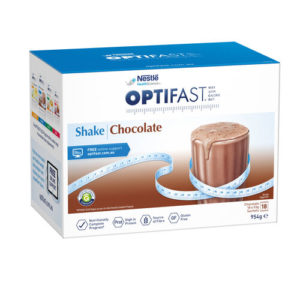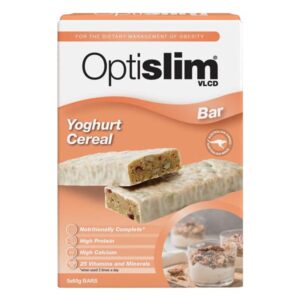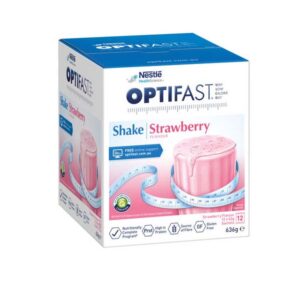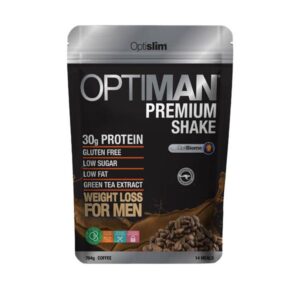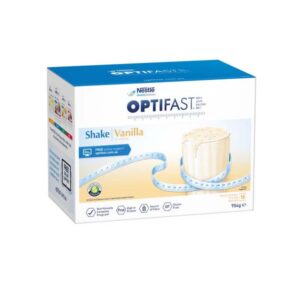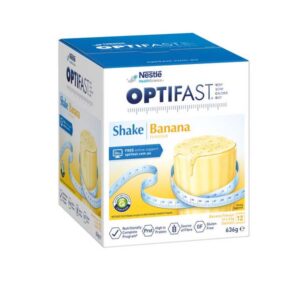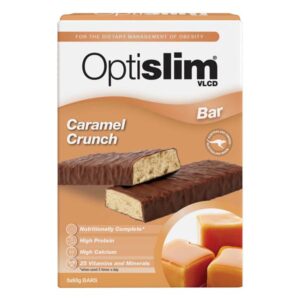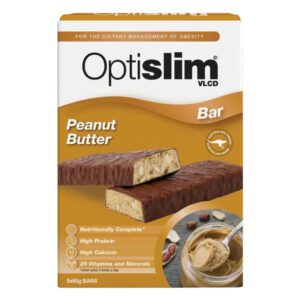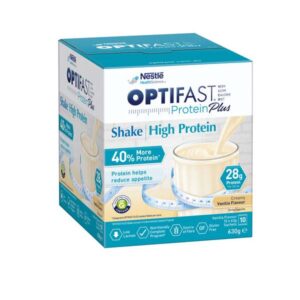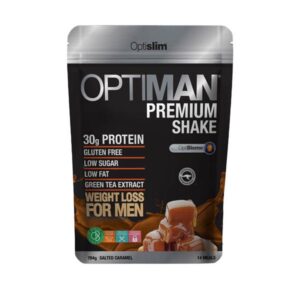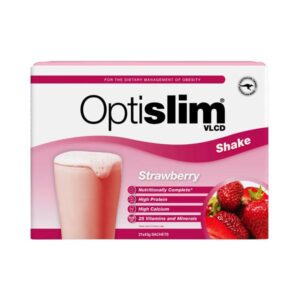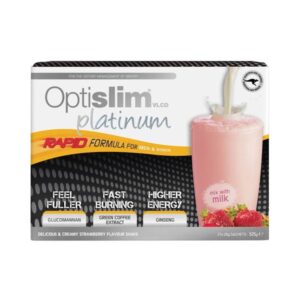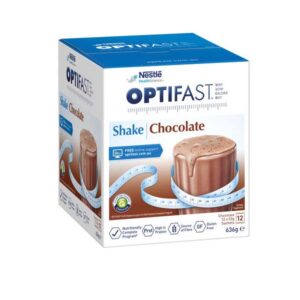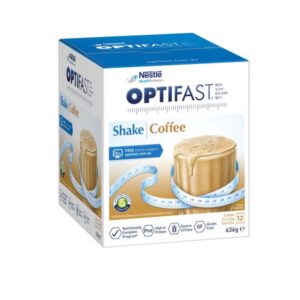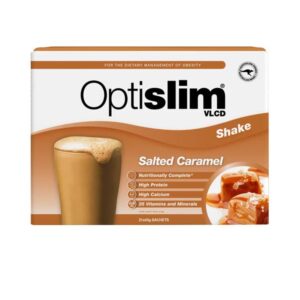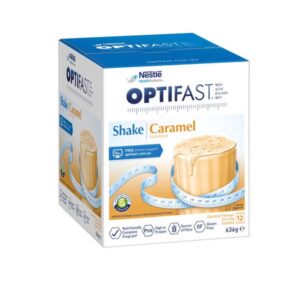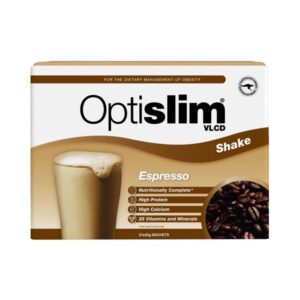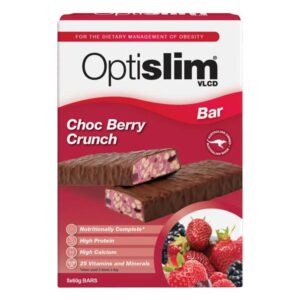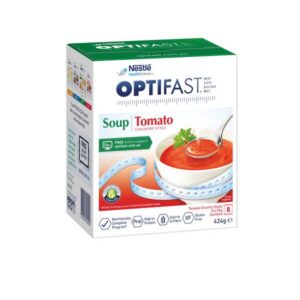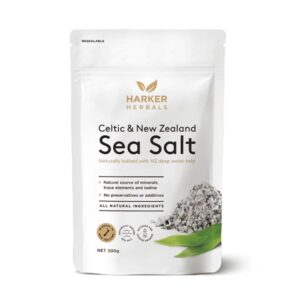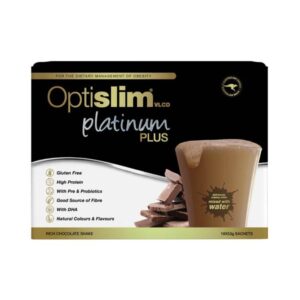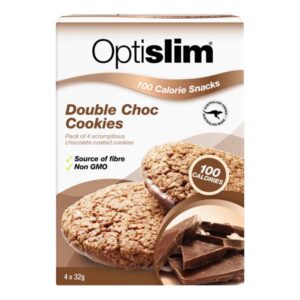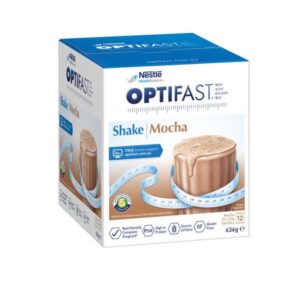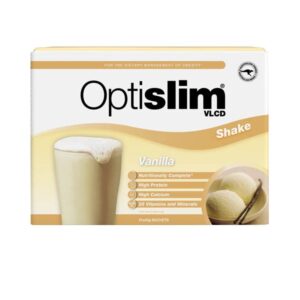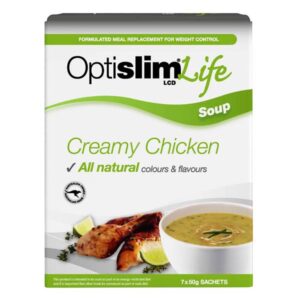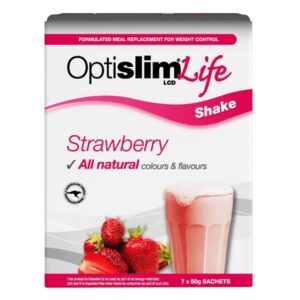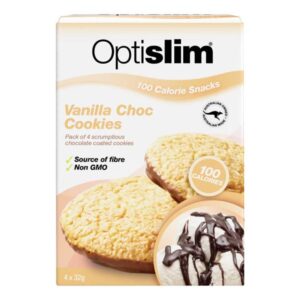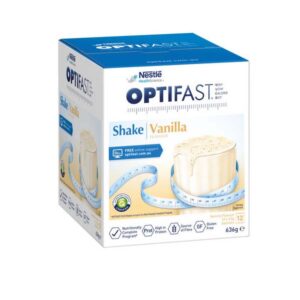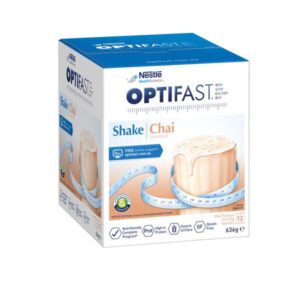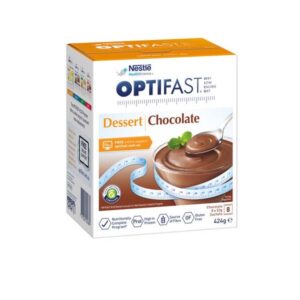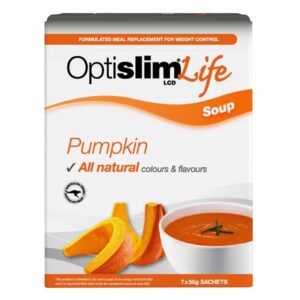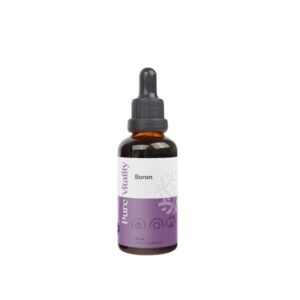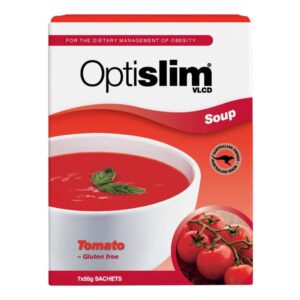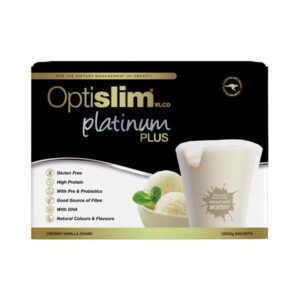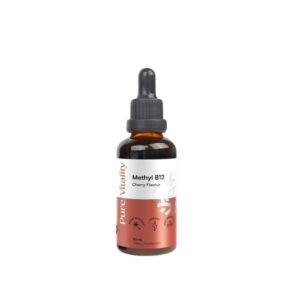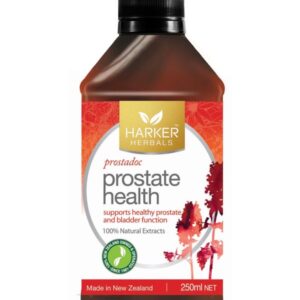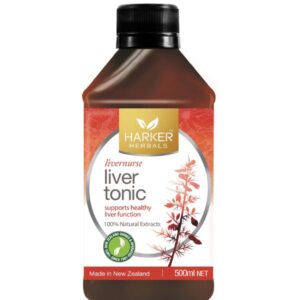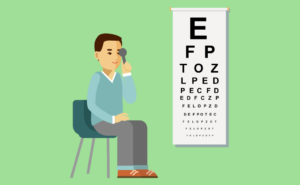
- 0508 966 622
- help@zoompharmacy.co.nz
- Mon - Fri: 8:30 - 16:00
Should you take medicine with food, or without food and on an empty stomach? How do you know when your stomach is ’empty’? And how much food means ‘with food’?
For those who take regular medicines or simply have had an infection and been prescribed antibiotics, at some point you will have come across a medicine that stated either ‘take with food’ or ‘take on an empty stomach’.
This can seem a bit confusing – why do some medicines require food and others not? Do these instructions really matter, and do they influence how your medicines work?

When instructed to take a medicine with food this does not mean a full meal. A small sandwich, a few crackers with cheese, or peanut butter on toast can do the trick – generally speaking a smaller amount of food is enough. The intended outcome of taking medicine with food is to reduce the side effects associated with the medicine such as an upset stomach, nausea, or vomiting.
Generally speaking, an empty stomach refers to having eaten food one hour earlier – or two hours after eating food. Having food in your stomach can impact the way the medicine is absorbed, thereby reducing how effective the medicine is in treating your condition.
There are a number of different reasons for medicines being prescribed with, or without food.
There is also a very large list of medicines that are not impacted at all by whether you have a full or empty stomach at the time of taking it.
There are common reasons why specific medicines should be taken with food.
1. To reduce side effects like feeling sick or even vomiting. Taking a medicine like allopurinol or metronidazole for example, after a meal, can help reduce these.
2. To reduce the side effect of a stomach or tummy upset like indigestion, stomach inflammation or even stomach ulcers. If you take a medicine like aspirin, NSAIDs (diclofenac and ibuprofen) or steroid medications (corticosteroids) such as prednisolone and dexamethasone for example, with food, means it reduces the effect of your stomach becoming irritated.
3. When you are treating heartburn, reflux or indigestion. Medicines called antacids help prevent these conditions, which occur when acid is produced as food enters your stomach, so that is why you need to take them during, or straight after eating.
4. Some medicines simply need food in your stomach for your body to absorb them properly.
5. To help your body process a meal, some medicines for diabetes for example, should be taken with food so they can correctly affect your blood glucose levels.
For some specific medicines like thyroxine (also called levothyroxine or Eltroxin), Fosamax (also called alendronate) and flucloxacillin , if you take them with food, they simply don’t work as well. This is because food may prevent your body from absorbing the medicine and affect they way the medicine works. Note there are other medicines that fall into this group, which are best taken on an empty stomach, so check with your pharmacist.
If you are ever concerned or have any queries in respect to how you should take your medicine, reach out to one of our trusted ZOOM Pharmacists for more information.
Read More:
